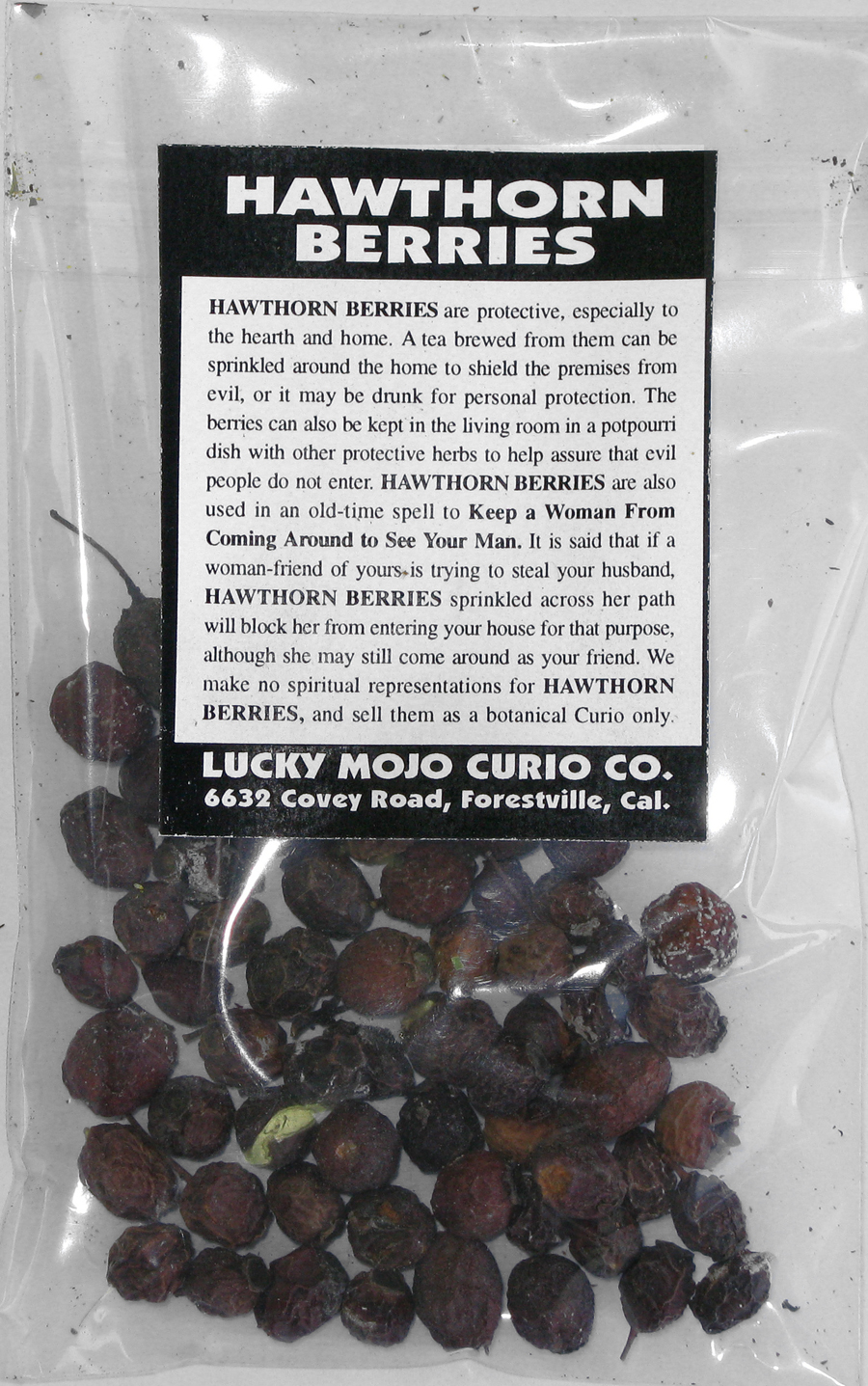
Primarily hawthorn berries and hawthorn supplements are known for their ability to enhance metabolism and the utilization of oxygen in the heart. This allows for protection of the arterial walls and dilation of the coronary blood vessels improving the pumping of the heart. This also means that reduced blood pressure occurs as expanded blood vessels allows the blood to move more freely throughout the body. Hawthorn berries also have anti oxidant properties and are a great way to get rid of free radicals that damage cells.
There is also evidence for cardiovascular system improvement, particularly in clinical parameters associated with angina, congestive heart failure and acute myocardial infarct. This may be due to the herb's antioxidant activity. Its use in the treatment of hepatitis in modern Chinese medicine is supported by the demonstration of hepatoprotective activity in animal studies.
Animal and laboratory studies have found that hawthorn contains active compounds with antioxidant properties. Antioxidants are substances that scavenge free radicals; damaging compounds in the body that alter cell membranes, tamper with DNA, and even cause cell death. Free radicals occur naturally in the body, but environmental toxins (including ultraviolet light, radiation, cigarette smoking, and air pollution) can also increase their number. |
| |||||||
Free radicals are believed to contribute to the ageing process as well as the development of a number of health problems including heart disease. Antioxidants found in hawthorn can neutralise free radicals and may reduce or even help prevent some of the damage they cause.
Congestive heart failure
Hawthorn has primarily been studied in people with congestive heart failure (a health condition in which the heart is unable to pump adequate amounts of blood to other organs in the body). Of six well-designed trials, four studies concluded that hawthorn significantly improved heart function and three found that the herb improved patients' ability to exercise. Patients in five of the six studies reported that hawthorn significantly improved symptoms of the disease (such as shortness of breath and fatigue). One study found that hawthorn extract (900 mg/day) taken for 2 months was as effective as low doses of captropril (a leading heart medication) in improving symptoms of congestive heart failure. A large-scale international study is currently underway to determine whether hawthorn extract reduces the risk of death in people with this disease. Results are expected at the end of 2002.
Atherosclerosis
Animal and laboratory studies demonstrate that this herb has antioxidant properties that help protect against the formation of plaques, which leads to a health problem known as atherosclerosis. Plaque buildup in the vessels that supply the heart with oxygen-rich blood may cause chest pain (angina) and heart attacks while plaque buildup in the arteries that supply blood to the brain may result in stroke.
Chest pain
Hawthorn berry preparations have been shown to combat chest pain (angina), a health problem caused by insufficient blood flow to the heart. In one early study, 60 angina patients were given either 180 mg/day of hawthorn berry-leaf-flower extract or placebo for 3 weeks. Those who received the hawthorn preparation experienced improved blood flow to the heart and were also able to exercise for longer periods of time without suffering from chest pain.
High cholesterol
Studies using rats suggest that a hawthorn tincture (made from the berries) may be a powerful agent for the removal of LDL ("bad") cholesterol from the bloodstream. The tincture of hawthorn berries also reduced the production of cholesterol in the liver of rats who were being fed a high-cholesterol diet. Studies to determine if hawthorn will confer the same effects in people are needed.
High blood pressure
Although hawthorn has not been studied specifically in people with high blood pressure, considerable evidence supports the cardiovascular benefits of this herb. Studies suggest that hawthorn can be taken safely by people with hypertension who are also taking blood pressure medications.
Notes:
Though non-toxic, hawthorn can produce dizziness if taken in large doses.








1 comment:
Another great post! I love eclectic medicine. Where do you get all of your information? Are you an herbalist or just an enthusiast? I've been wanting to learn more, but so far I've only been able to do a few herb walks with a really great herb farm. I'd like to get some reading material on it. Any ideas?
Post a Comment